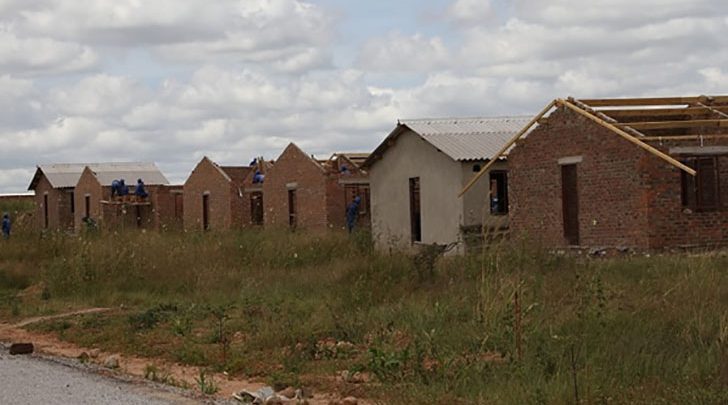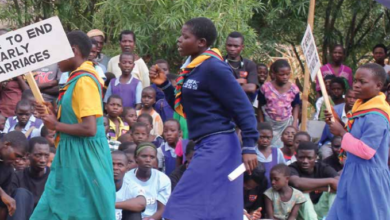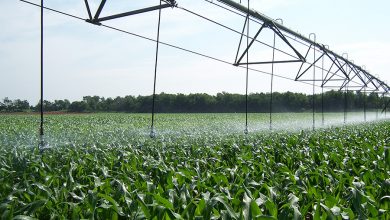Bulawayo struggles to curb housing shortage

Bulawayo is fast running out of land for housing, a situation that has seen the cost of housing in the city skyrocket.
Addressing a meeting with civil society organisations and residents last week, Bulawayo Progressive Residents Association (BPRA) coordinator, Emmanuel Ndlovu, said the provision of housing was not keeping up with the demand, coupled with the scarcity of land and population growth.
These factors, Ndlovu noted indicate how dire the housing situation in Bulawayo, which must prompt all relevant stakeholders to come up with solutions to curb the challenge.
“I know the city town clerk has disputed this but currently the city council is engaged in boundary disputes with Rural District Councils and Bulawayo is literally running out of land to construct houses. We have a housing backlog, which from our own information is between 160 000 to 170 000 of people in the waiting list,” he claimed.
Ndlovu said BPRA had gathered that Bulawayo had between 150 000 to 160 000 individual houses, yet the reality was more housing units were needed to satisfy the population.
He added that it would be misguided for city planners to use the housing waiting list as an estimate of how many people needed houses as there “were many who are not on that list.”
“What this means is in order for Bulawayo to meet the current housing demand, we need twice its size but where will the land come from if we are fighting with Umguza and Mbundane RDCs. How can the city council continue allocating land that it does not have?
“This means year in – year out, residents will continue to subscribe to the housing waiting list, paying forms and renewing them to acquire houses but owning a house will remain a pipe dream, I’m sorry to say. Not all of us are going to have houses. Some of us will remain perennial lodgers,” Ndlovu claimed.
The BPRA coordinator noted the National University of Science and Technology conducted a study that concluded Bulawayo was a tenant city as most people who owned houses did not stay here.
“Most of us are lodgers and this means we have run out of land. What happens 10 years from now? Will our children be able to own houses? Look at the stands released by the council, they are few but should we allocate all the available land we have now? If we do that what happens to future generations?” Ndlovu asked.
Due to the high rate of urbanisation, there is an increased demand for affordable housing while “some people were now placing their hope on building back at their rural areas, hoping to acquire land there,” said Ndlovu.
Reached for comment Bulawayo Mayor, Councillor Solomon Mguni, said the city’s housing waiting list was “plus or minus 160 000.”
He said as for the boundary conflict with rural district councils such as Umguza, the city council was waiting for the delimitation process to be finalised by the national census due in 2022.
“Thereafter, the delimitation process will inform us of our boundaries and determine which area belongs to who,” the mayor noted.
But he added that at the current moment, the city council could not place people in land said to be belonging to Umguza.
Mguni also noted that the issue of housing was not only related to availability of land but was tied to financial costs.
“The price of servicing has increased as putting up a stand requires that there is a road, sewer services and basic infrastructure, which is done by contractors. However, in engaging contractors, we are informed of challenges incurred in contraction that affects the total price of stand in light of the hyperinflationary environment.
“A resident may deposit a stand at ZWL$20 000 but after servicing has been done, the price of that stands will cost 10 times more and that is not easy for both the resident and contractor,” the mayor explained.






